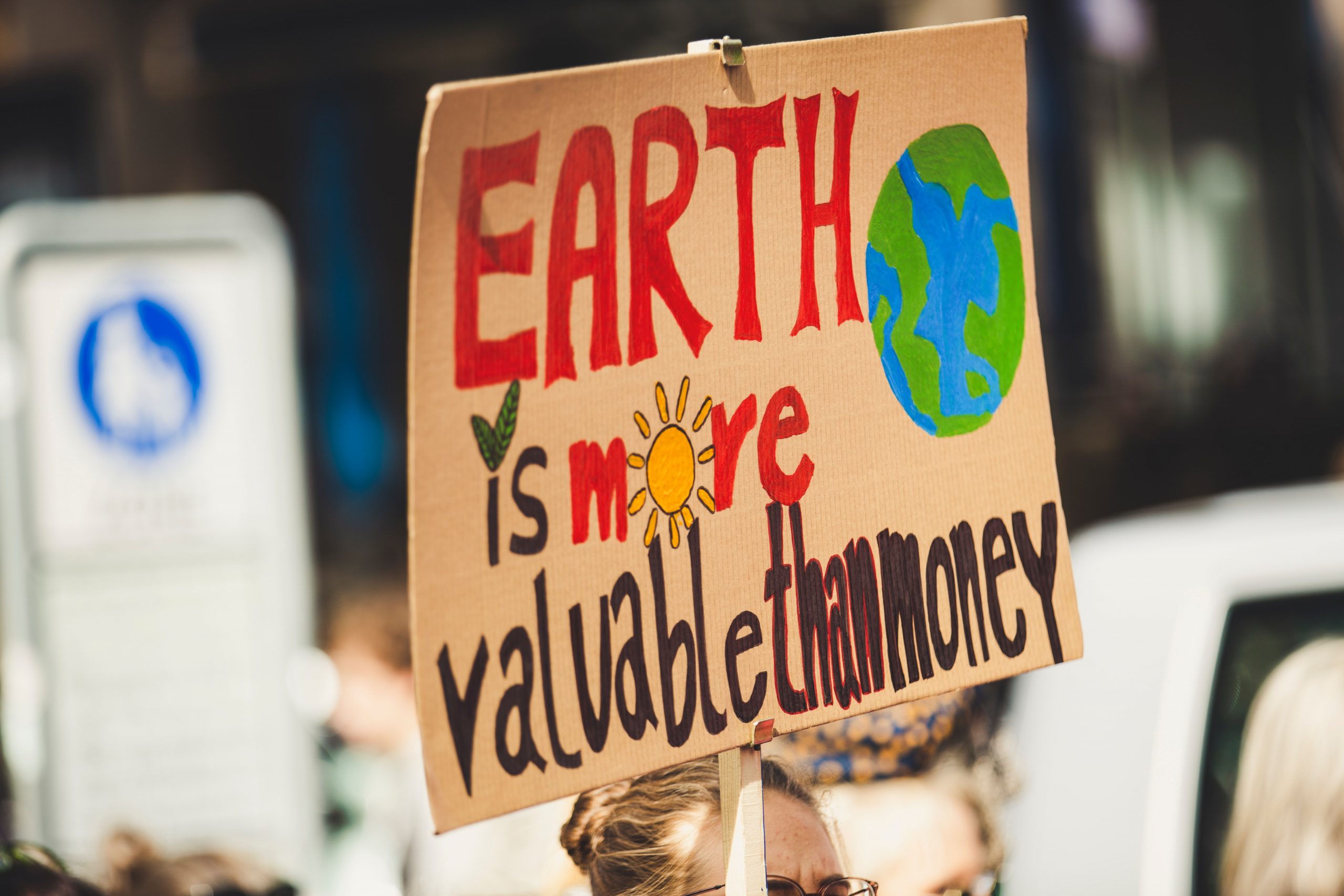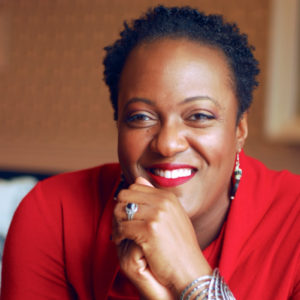“Your mama didn’t raise no fool.”
As a Black child growing up in the South, these words would immediately pull me back into reality from whatever foolishness I was about to pursue. Whether uttered from the lips of my own mother or one of my play aunties, the meaning was always the same: “I know that you know that I know you know better and can be better.” It also scared the hell out of me. That one phrase could refer to a specific incident but remind me of the entire trajectory of my life.
It’s funny. Now that I am a mother, I find myself saying these exact words to my children. But it also strikes me that, as a climate activist, this phrase perfectly encapsulates the way in which Black people encounter and address climate and environmental injustice in our country.
Our Ancestors Survived the Hot Underbelly
Surviving traumatic change is part of our lived experience and, therefore, not new to our bloodline. Imagine the complete upheaval and confusion enslaved Africans experienced as they were stolen from their homes and forced to adapt to a new environment here in the U.S. My ancestors brought skills they quickly learned to apply to the land they tended. It underscores the value of Black people’s role in the climate movement. We know change. If our ancestors could figure out how to survive the hot underbelly of a ship, we can figure out how to handle the climate crisis, too.

Our roots in America run deep through the physical soil by way of enslavement and sharecropper work of the land. Through time, we expanded these proficiencies through higher education, innovations, and environmental social justice movements.
No, our mothers did not raise fools, and this one simple phrase serves as a clarion call to environmental consciousness that invokes both an expectation of excellence and survival, as well as a reminder of the respect owed to the ancestors who suffered so that we may thrive. While the general narrative around climate change and the environment may appear to only amplify white voices, African Americans have always—in some shape, form, or fashion—been molded or influenced by our environment.
If there’s any group that can survive and adapt, it’s Black people. Mere survival of the transatlantic slave trade should be evidence enough; however, the resilience of enslaved Africans through warmer years that made the journey that much harder makes it even more evident. The environmental factors and climate fluctuations dating back to 1730 show correlation among the profit, temperature and mortality of the slave trade. Warmer years meant lower yields of agriculture and higher rates of disease and mortality. These factors resulted in a limited number and higher transportation costs for enslaved Africans.
Same Environmental Racism, Different Century
Much has not changed. Today, there are clear similarities between the enslaved experience of our ancestors and the current social impacts of climate change in communities. Unresolved inequity is revealed when Black communities are hit first and hardest from hurricanes and floods yet are given inadequate resources to repair before the next storm. As temperatures rise and vector-borne diseases spread, our communities are at risk of being disproportionately impacted simply because over half our nation’s Black population live in the warmest part of the country: the South.
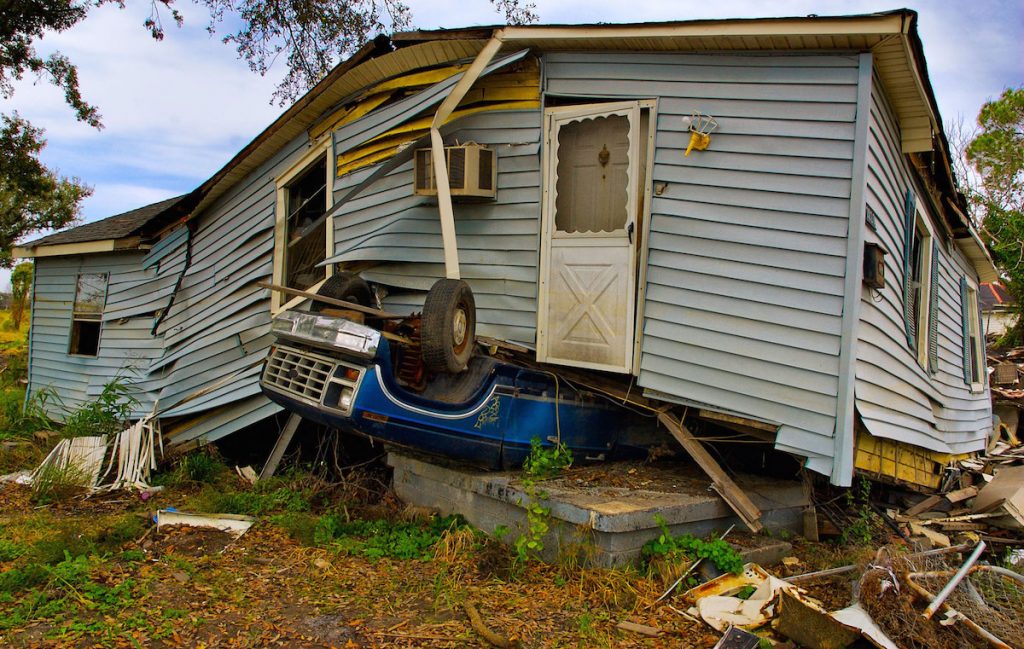
Nevertheless, those who would survive even the most horrendous of conditions and climate during slavery were forced to adapt to an entirely new continent with different plants, animals and people. Not only did they survive; they taught. While their European oppressors (most of whom were also from an entirely different continent and ecosystem) struggled to adjust, the wisdom of enslaved Africans showed them how to gain greater crop yields by way of knowledge gained in their own land.
These survivors became invaluable assets.
The plantations of South Carolina were notorious for their variety of rice and the expertise of enslaved West Africans who tended the plants. Small garden plots could be found close to slave quarters and, with little seed, filled with a variety of seasonal roots and vegetables. In the same tradition of keeping and passing along information, escape routes were shared through songs that used natural elements as the guide. “Wade in the Water” and “Follow the Drinkin’ Gourd” gave directions that embraced both nature and freedom as one and the same.
‘We Have No Time to Play’
Simply put: We have no time to play if we want to avoid climate catastrophes we cannot fix. We need more Black voices and leadership on issues of climate change and environmental justice.
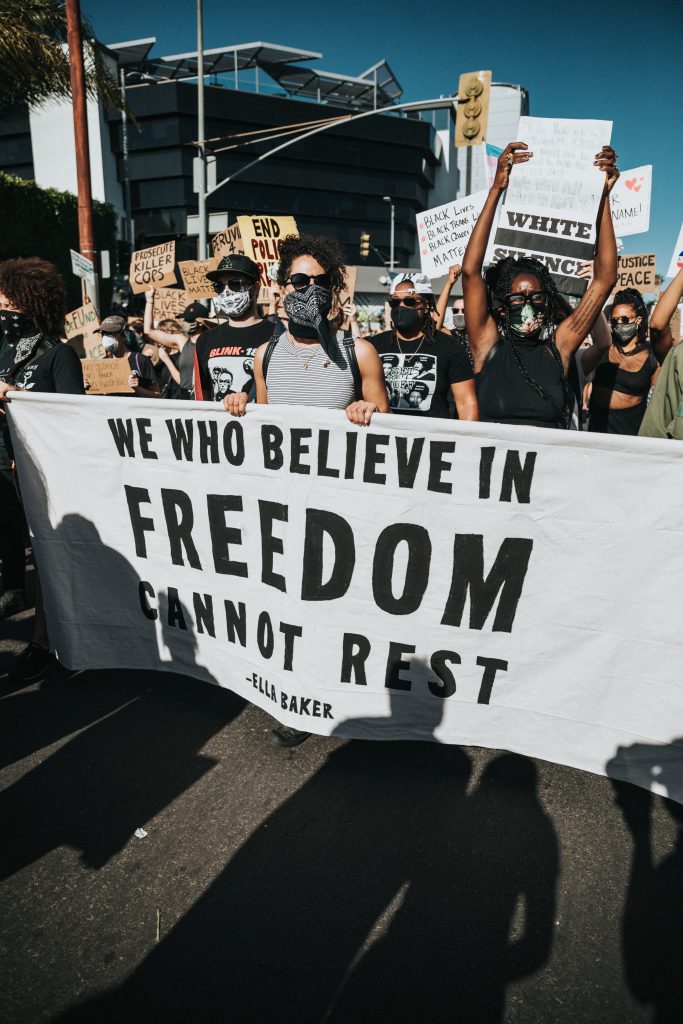
Most historically Black colleges and universities were founded under this program and continue to develop innovations around renewable energy, biotechnology and food safety. The support of Black colleges also helped solidify the beginning of the environmental justice movement in America. Students protested alongside residents of Warren County, N.C., against the permitting of a landfill in a Black community. In fact, the Black youth-led Student Non-Violent Coordinating Committee (SNCC) was founded in North Carolina and—through women like Ella Baker—became a force of advocacy for social justice issues including environmental racism.
Today, we continue to demand equity and voice while developing culturally competent and responsive solutions to climate change. The year 2020 was one of the hottest on record, creating a myriad of devastation that compounded the physical, mental and economic stress felt by the Black community. Coastal cities and towns were ravaged by a record-breaking hurricane season, while farmers experienced crop devastation.
A Legacy of Survival
At the time of publishing, the coronavirus has killed more than 466,000 Americans with Black and Brown communities suffering the highest percentage of infection and death. Despite it all, Black people and communities continue to display a tenacity and determination to thrive. When I see our communities rebuilding after a climate-related or extreme weather event, I envision a collective response resounding in that common phrase: “We’re not new to this. We’re true to this”—an epic clap back exemplifying the resiliency of a people.
Our legacy of survival should, at minimum, grant a communal trust that Black environmental experts like Dr. Robert Bullard, Dr. Mildred McClain, Dr. Beverly Wright and many others, are the first stop when looking for solutions. It is encouraging to have a president who has prioritized environmental justice and to see more Black thought leaders, scientists, and experts working within and alongside traditional green groups. Still, the work continues.
This year’s Green 2.0 report identified a marked increase in the number of Black and brown people staffing large environmental foundations and organizations. However, leadership roles, including senior-level positions and board seats, only increased by one or two, on average.
In addition, Black, Brown and Indigenious environmental groups have made it clear that restorative and culturally competent climate solutions are a must if we are serious about equitable climate solutions. Simply put: We have no time to play if we want to avoid climate catastrophes we cannot fix.
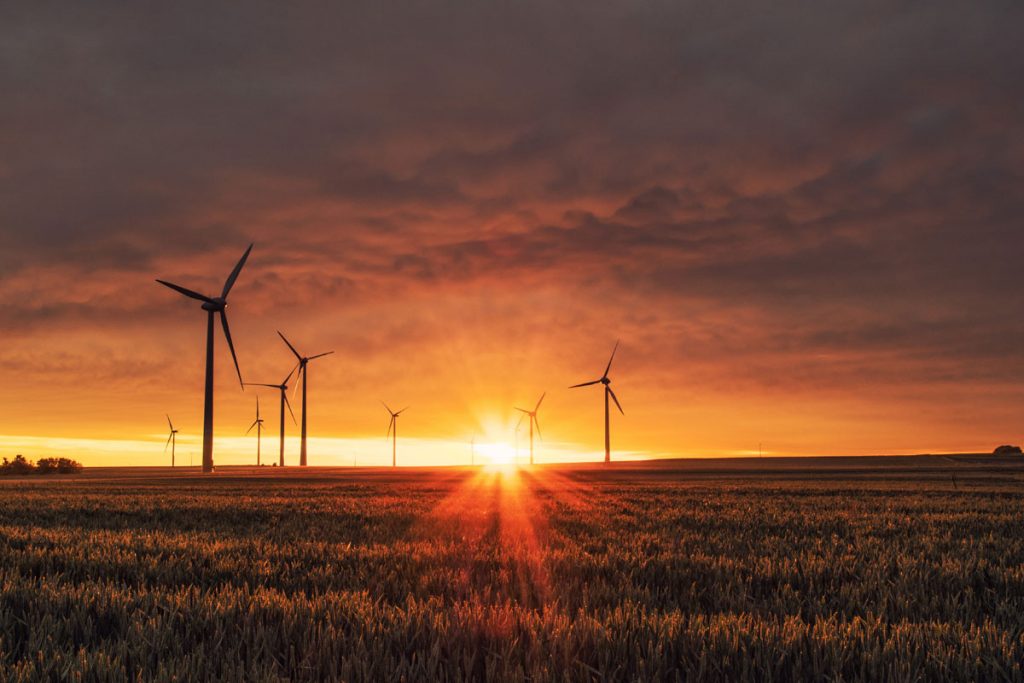
We need more Black voices and leadership on issues of climate change and environmental justice. Traditional green groups must share power and resources as we rebuild trust and work on community-based climate solutions together. Systemic racism has benefited most industries, but no one wins when diverse voices are excluded from protecting the planet.
As I watch my children grow, make decisions and tackle the challenges that life presents to us all, I am reminded of the brilliance, wisdom and ingenuity my parents poured into me. I’m also reminded of my responsibility as a parent raising free Black children, especially in an ever-changing environment. Every now and then, when I see them venturing down a path that negates the prayers, sweat and tears of our family, I remind them as my mother reminded me: I did not raise fools, and it’s high time we show the depth of our expertise passed down for such a time as this.
This piece was published in cooperation with Atmos, a biannual magazine and digital platform curated by an ecosystem of adventurers, creatives and journalists dedicated to pioneering progress around the world.
Heather McTeer Toney is on the board of directors of the Mississippi Free Press. This MFP Voices essay does not necessarily represent the views of the Mississippi Free Press, its staff or other board members. To submit an essay for the MFP Voices section, send up to 1,200 words and factcheck information to azia@mississippifreepress.com. We welcome a wide variety of viewpoints.

